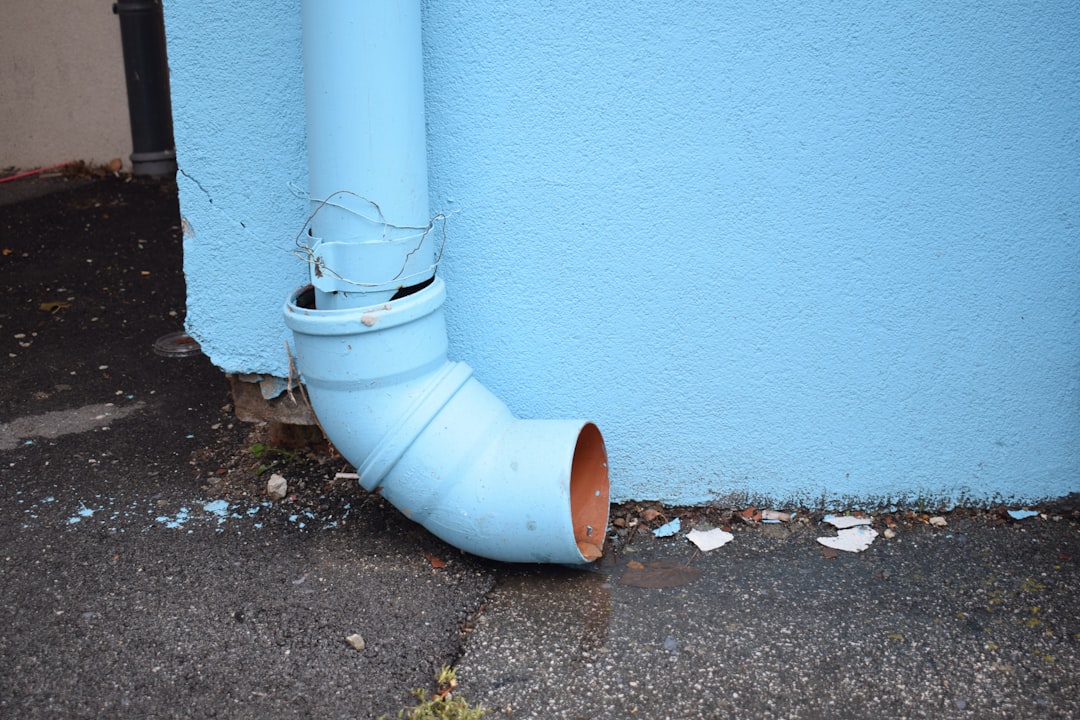
For construction professionals, understanding the cost of installing a whole-house water filter is crucial. In Austin, the cost can range from $650 to $3,210 depending on the system type and complexity. This guide provides detailed insights into factors affecting pricing, leveraging AI estimates for precise budgeting, and best practices to ensure high-quality installations without unexpected expenses.
• Increased awareness of local water quality issues
• Smart appliances requiring mineral-balanced water
• Interest in sustainable living and reducing bottled-water waste
Filtration systems are now specified in nearly 70% of new custom homes, with strong interest in retrofits during renovations.
1. System Type – Cartridge, reverse osmosis (RO), and activated carbon each have distinct price tiers and labor demands.
2. Capacity – Gallons-per-minute flow rate must match household fixture count; undersizing leads to pressure drops.
3. Plumbing Complexity – Distance from main supply, slab versus crawl-space access, and existing pipe material affect labor hours.
4. Pre-Filtration Needs – In Austin, sediment pre-filters often precede RO membranes, adding parts and labor.
5. Post-Treatment – UV sterilizers or remineralization tanks improve taste but raise total investment.
Cartridge Systems
• Equipment: $350 – $700
• Labor: 3 – 5 hours
Reverse Osmosis (Whole-House)
• Equipment: $1,105 – $2,805
• Labor: 6 – 9 hours
Activated Carbon + UV Combo
• Equipment: $1,605 – $3,210
• Labor: 5 – 8 hours
Note: These figures include standard copper or PEX tie-ins and mounting hardware. Electrical work for UV units is quoted separately.
Traditional estimates rely on static price books that can lag behind real-time supplier changes. Our AI integrates live material feeds from local plumbing distributors and pairs them with labor productivity rates captured on thousands of completed projects. The result:
• Up-to-the-minute equipment pricing
• Accurate labor hours based on project size, not generic averages
• Automatic detection of ancillary costs like dedicated outlets or drain lines
Project managers receive a line-item estimate, 3-D system schematic, and optional maintenance plan pricing. Explore features at CountBricks.com.
1. Site Assessment – Licensed plumber tests incoming water quality and reviews flow demands.
2. AI-Generated Estimate – Spoken notes convert to a detailed proposal while you watch.
3. Scheduling & Procurement – Materials ordered through synced supplier portals; delivery timed to install day.
4. Installation – Certified crews handle plumbing, wall penetrations, and pressure tests.
5. Commissioning – Lines are flushed, TDS tested, and homeowners trained on cartridge swaps.
6. Digital Documentation – Warranty, filter schedules, and invoices auto-save to your client dashboard.
• Select modular systems with replaceable cartridges rather than one-piece canisters.
• Combine installation with other plumbing work to reduce trip charges.
• Size filters accurately; overspecifying flow rate inflates both equipment and pump costs.
• Enroll in preventive service plans for discounted replacement media.
• Ignoring water pressure: RO units need 50–60 psi; low pressure demands booster pumps.
• Skipping pre-treatment in high-sediment areas leads to premature membrane failure.
• DIY electrical connections for UV systems risk code violations and re-work fees.
Remodels create an ideal window to route supply lines and install larger housings. Adding filtration at this stage can cost 30% less than a later retrofit.
Cartridge swaps run $120 – $240 per year, depending on water use. RO membranes average $300 every three to five years. Flat-rate annual service packages bundle filter media, labor, and system inspections.
Whether you’re breaking ground on a custom residence or refreshing an existing home, we deliver fast, transparent pricing and flawless execution. Start a voice consultation today at CountBricks.com and see your water filter installation cost in minutes—no spreadsheets required.

An Austin homeowner purchased a 1990s property needing major updates, including water quality improvements. The initial third-party bid for a whole-house RO system landed at $6,815. By running the scope through our system, the estimator identified three savings opportunities:
• Swapping to a modular RO unit with the same gallon-per-day rating shaved $750 in equipment.
• Leveraging an existing nearby GFCI circuit eliminated a planned electrical line-run worth $420.
• Coordinating installation during the scheduled repipe compressed labor from two days to one, saving $780.
Final invoice: $4,895—28% below the original quote and completed inside the remodel timeline.
• Specify filter housings in mechanical plans to avoid last-minute framing changes.
• Include shut-off bypass loops so homeowners can service filters without whole-home water disruption.
• Locate systems in conditioned space; Texas garages reach temperatures that degrade RO membranes.
• Capture all model numbers in your blueprint takeoff for seamless warranty documentation.
1. Automated reminders sync with filter lifespan analytics.
2. Bulk purchasing power locks in media pricing for the year.
3. Digital service records boost resale value by proving diligent water quality management.
From pre-construction planning to long-term upkeep, we equip residential contractors with the data, materials, and skilled labor needed to keep water filter installation cost predictable and results exceptional. Explore additional resources at CountBricks.com.